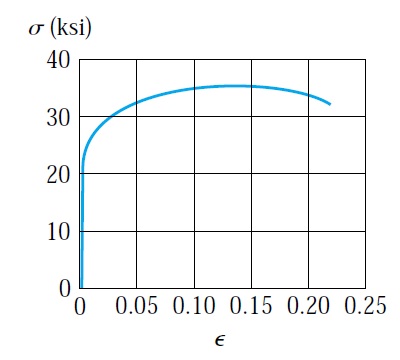Bridge Diaphragm
The main function of diaphragms is to provide a stiffening effect to deck slab in case bridge webs are not situated directly on top of bearings. Therefore, diaphragms may not be necessary in case bridge bearings are placed directly under the webs because loads in bridge decks can be directly transferred to the bearings.On the other hand, diaphragms also help to improve the load-sharing characteristics of bridges. Diaphragms also contribute to the provision of torsional restraint to the bridge deck. Diaphragm will be used also to resist stresses that occurs during the post-tensioning process. Post-tensioning hardware are casted inside the diaphragm.

Figure 1
- Diaphragm at the span end: this type of diaphragms will be located between two bridge spans or at the bridge abutments. Expansion joints will be used to connect bridge spans. This expansion joint will be installed on the diaphragm, as shown in detail A in figure no:2.

Figure 2
Figure 3
Figure 4
- Intermediate diaphragm: this diaphragm located above the pier column for continuous spans. This type of diaphragm will not receive expansion joint, and it will transfer the loads from the spans from both sides.
Figure 5
Diaphragm reinforcement sample
Figure 6



















I read the above article and got some knowledge from your article which is about bidwell concrete paver It's actually great and useful data for us. Thanks for sharing it.
ReplyDeleteYou've contributed some excellent information. I'd like to point out that this is a well-informed and useful essay for us pedestrian bridgesSystems. Thank you for continuing to publish stuff like these.
ReplyDeleteYou are providing good knowledge. software development in chennai
ReplyDeleteIt has been one of the hottest demands of all types of people. It is also a necessity for those who want to have sex with three people at the same time. If you want to get these shemale sex dolls for your lover then you don't have to feel ashamed and you will have a great time with these dolls.
ReplyDelete